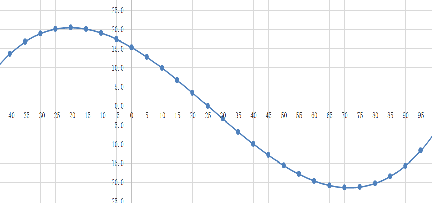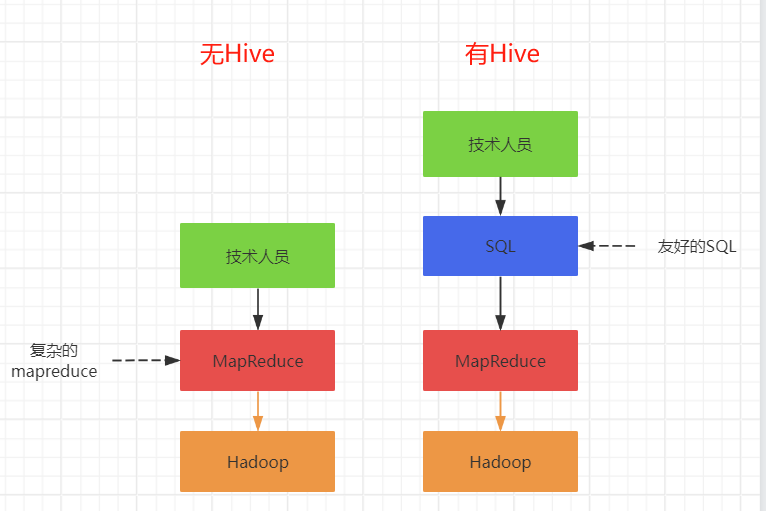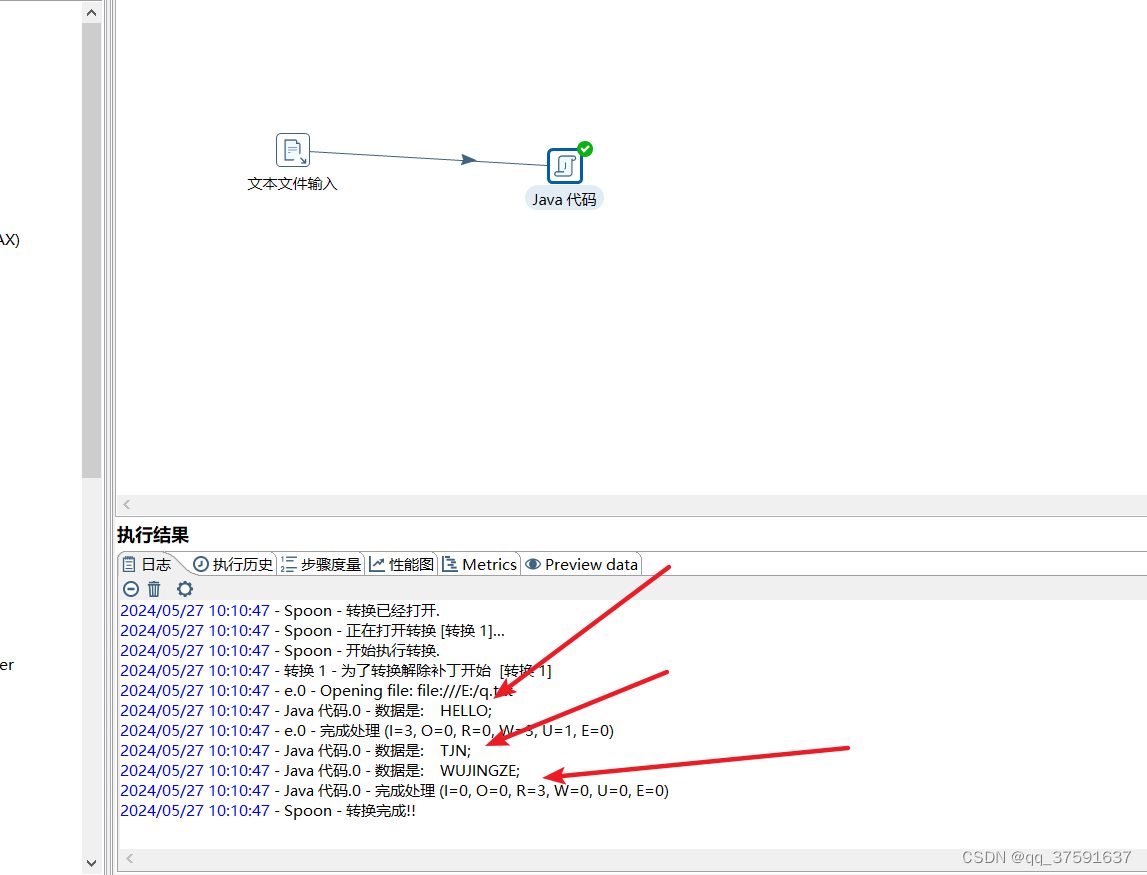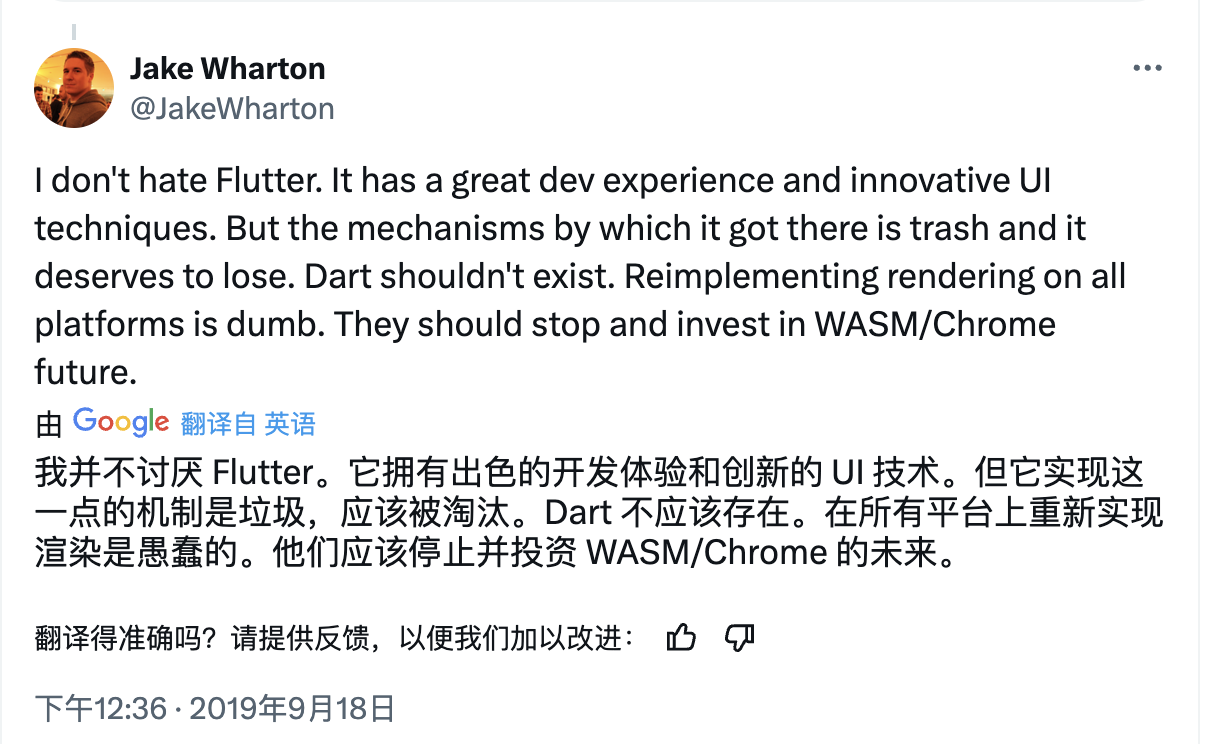前言
T1. 优质数对的总数 I
题型: 签到
class Solution:
def numberOfPairs(self, nums1: List[int], nums2: List[int], k: int) -> int:
res = 0
for v1 in nums1:
for v2 in nums2:
if v1 % (v2 * k) == 0:
res += 1
return res
T2. 压缩字符串 III
思路: 模拟
感觉引入一个栈,操作更加的方便
当然加限制的分组循环也可以
class Solution:
def compressedString(self, word: str) -> str:
stk = []
for i, c in enumerate(word):
if len(stk) == 0 or stk[-1][0] != c or stk[-1][1] == 9:
stk.append([c, 1])
else:
stk[-1][1] += 1
return ''.join(map(lambda x: str(x[1]) + x[0], stk))
T3. 优质数对的总数 II
思路: 调和级数
很典的结论题,时间复杂度为
O
(
n
l
o
g
n
)
O(nlogn)
O(nlogn)
∑
i
=
1
i
=
n
1
/
i
=
l
o
g
(
n
)
\sum_{i=1}^{i=n} 1/i = log(n)
i=1∑i=n1/i=log(n)
class Solution:
def numberOfPairs(self, nums1: List[int], nums2: List[int], k: int) -> int:
mp1 = Counter()
for v in nums1:
if v % k == 0:
mp1[v//k] += 1
if len(mp1) == 0:
return 0
mz = max(mp1.keys())
res = 0
mp2 = Counter(nums2)
for (k1, v1) in mp2.items():
for i in range(1, mz // k1 + 1):
res += v1 * mp1[i * k1]
return res
T4. 不包含相邻元素的子序列的最大和
思路: 分块 + DP
因为数据规模不大, O ( n ∗ q ) O(\sqrt{n} * q) O(n∗q) 在合理的范围内
所以用分块,思路更加的纯朴和简洁。
每次更新块大小内的状态
然后按块间重算最后的整体解
DP 引入块状态, 表示首尾的0-1状态
具体来讲

class Solution {
static long inf = Long.MIN_VALUE / 10;
static class Block {
int l, r;
int[] arr;
long[][][] pre;
int n;
public Block(int l, int r, int[] arr) {
this.l = l;
this.r = r;
this.arr = arr;
this.n = r - l + 1;
pre = new long[n][2][2];
}
public void modify() {
pre[0][0][0] = 0;
pre[0][0][1] = inf;
pre[0][1][0] = inf;
pre[0][1][1] = arr[l];
for (int i = 1; i < n; i++) {
pre[i][0][0] = Math.max(pre[i - 1][0][0], pre[i - 1][0][1]);
pre[i][1][0] = Math.max(pre[i - 1][1][0], pre[i - 1][1][1]);
pre[i][0][1] = pre[i - 1][0][0] + arr[l + i];
pre[i][1][1] = pre[i - 1][1][0] + arr[l + i];
}
}
long[][] val() {
return pre[n - 1];
}
}
public int maximumSumSubsequence(int[] nums, int[][] queries) {
int n = nums.length;
int z = (int)Math.sqrt(n);
int m = (n + z - 1) / z;
Block[] blocks = new Block[m];
for (int i = 0; i < m; i++) {
blocks[i] = new Block(i * z, Math.min((i + 1) * z - 1, n - 1), nums);
blocks[i].modify();
}
long mod = (long)1e9 + 7;
long res = 0;
for (int i = 0; i < queries.length; i++) {
int[] q = queries[i];
int p = q[0], x = q[1];
int idx = p / z;
nums[p] = x;
blocks[idx].modify();
long[][] dp = new long[m][2];
dp[0][0] = Math.max(blocks[0].val()[0][0], blocks[0].val()[1][0]);
dp[0][1] = Math.max(blocks[0].val()[0][1], blocks[0].val()[1][1]);
for (int j = 1; j < m; j++) {
long[][] next = blocks[j].val();
dp[j][0] = Math.max(dp[j - 1][0] + Math.max(next[0][0], next[1][0]), dp[j - 1][1] + next[0][0]);
dp[j][1] = Math.max(dp[j - 1][0] + Math.max(next[0][1], next[1][1]), dp[j - 1][1] + next[0][1]);
}
long tmp = Math.max(dp[m - 1][0], dp[m - 1][1]);
res = (res + tmp) % mod;
res = (res % mod + mod) % mod;
}
return (int)res;
}
}
写在最后











![[idea/git] 如何把多模块项目提交到一个仓库](https://img-blog.csdnimg.cn/direct/8be180dd040e490194daa7d9ed10370c.png)









